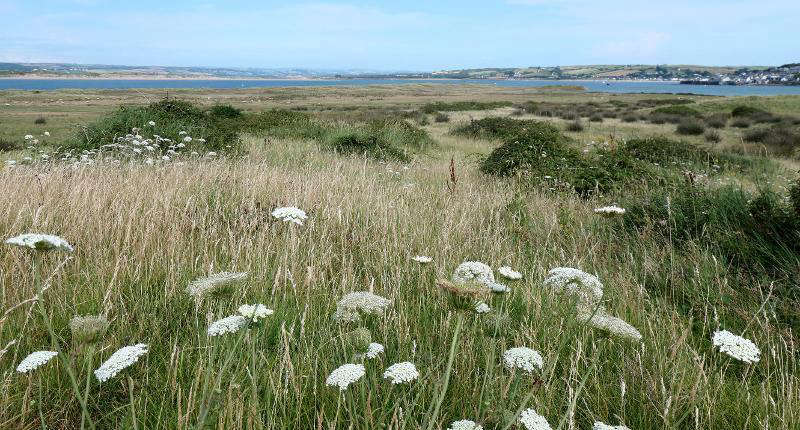
David Reed felt it lacked "robust safeguards"
Exmouth and Exeter East MP David Reed has claimed the proposed law that allows assisted dying did not include “sufficiently robust safeguards”, prompting him to vote against the legislation.
The Terminally Ill Adults (End of Life) Bill secured a majority of MPs, with 314 in favour and 291 against it last week in parliament.
The vote is a key stage in the progression of the bill. However, it must now go to the House of Lords and back to the Commons before receiving Royal Assent.
Mr Reed said while he understood the “emotionally charged issue”, he felt there was too much risk for people whom are the intended target of the law.
“Whilst I fully recognise – and have witnessed – the suffering faced by those with terminal illnesses, and while I respect the autonomy of individuals at the end of life, I believe assisted dying must never become a substitute for proper palliative care,” he said.
“Without a truly comprehensive end-of-life care system in place, we risk creating a society where the so-called ‘right to die’ becomes the default, not a real, supported choice.
“The most vulnerable – including the elderly, disabled, and those without strong family support – may feel an unspoken pressure to opt for death out of fear of being a burden.”
Mr Reed added he felt the bill was not strong enough to “prevent coercion” or protect vulnerable people from “undue influence”.
He stated that until a high-quality system to support people in the final stages of life existed, “I do not believe assisted dying can be pursued without unacceptable risk”.
Separately, Mr Reed voted against an abortion-related amendment to the Crime and Policing Bill, which sought to decriminalise abortion up to full term (around 40 weeks).
The MP called abortion a “deeply complex and sensitive issue that deserves its own thorough and focused legislative process”.
“Attempting to pass such sweeping changes via last-minute amendments to a broader crime bill risks bypassing proper scrutiny, consultation, and public engagement,” he said.
“Issues of this magnitude cannot and should not be decided without due process.”
However, Mr Reed did support an amendment that would have reinstated the requirement for an in-person consultation with a medical professional before women can take abortion pills at home.
“The temporary removal of this safeguard was introduced under exceptional circumstances during the covid-19 pandemic,” Mr Reed said.
“I believe reintroducing it would protect the health and wellbeing of both women and unborn children by ensuring proper medical oversight, safeguarding, and the opportunity to detect signs of abuse or coercion. Unfortunately, this amendment did not pass.”
Mr Reed’s Conservative colleague, Rebecca Smith (South West Devon) voted against the assisted dying bill, as did Geoffrey Cox (Conservative, Torridge and Tavistock), but shadow chancellor Mel Stride (Central Devon), voted for it.
The county’s Liberal Democrat MPs largely voted for it – with Richard Foord (Honiton and Sidmouth), Rachel Gilmour (Tiverton and Minehead), Ian Roome (North Devon), Martin Wrigley (Newton Abbot), and Caroline Voaden (South Devon) – all in support, but their colleague Steve Darling (Torbay), voted against it.
Labour’s Fred Thomas (Plymouth Moor View) and Steve Race (Exeter), voted in favour, but Luke Pollard (Plymouth Sutton and Devonport) abstained.
 Arrest made after body found in Plymouth waters
Arrest made after body found in Plymouth waters
 Clear-up begins after Storm Ingrid
Clear-up begins after Storm Ingrid
 Car park hike at beauty spot will impact residents
Car park hike at beauty spot will impact residents
 East Devon town faces yet another delay
East Devon town faces yet another delay
 Rail in North Devon needs to be “fit-for-purpose”
Rail in North Devon needs to be “fit-for-purpose”
